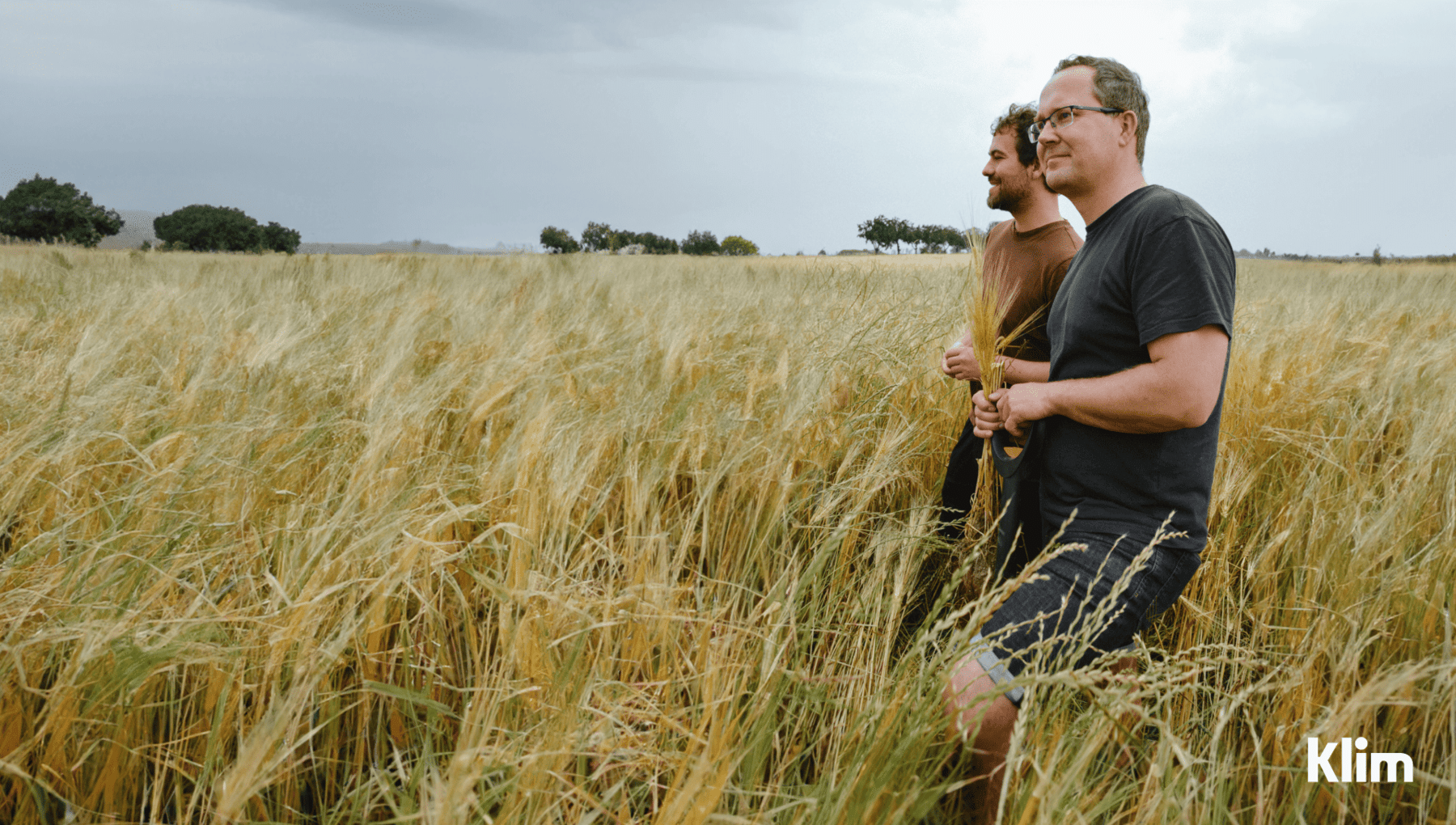Key Takeaways
- Klim has launched a new digital companion tool designed to simplify regenerative agriculture for farmers and food and beverage (F&B) companies.
- The tool provides personalised, field-level recommendations and consolidates data to improve on-farm decisions and corporate reporting.
- It aims to reduce time-intensive data entry, financial uncertainty, and the risks associated with transitioning to regenerative practices.
- The platform is already in use across Germany and Poland, with plans to expand into the UK and other markets.
- Klim will introduce an AI-powered digital agent in early 2026 to further enhance real-time farmer support.
Klim Expands Regenerative Agriculture Support Tools
Klim, a technology company offering an operating system for regenerative agriculture, has launched its new digital companion tool in the UK. The platform is designed to support farmers in adopting regenerative practices while helping F&B companies measure progress and impact across global supply chains.
The launch comes as more food companies, including Nestlé, Danone, and PepsiCo, invest in regenerative agriculture initiatives. However, many farmers have lacked comprehensive digital solutions that combine practice selection, performance tracking, and data integration.
Streamlining Data and Decision-Making for Farmers
Klim’s digital companion provides tailored, field-specific recommendations and integrates multiple regenerative agriculture practices into one platform. Farmers can input data once a year and receive guidance, impact tracking, and progress feedback.
“Most services currently available to farmers are fragmented, focussing only on narrow phases like fertiliser optimisation,” said Rob Gerlach, Co-Founder and CEO of Klim. “This wastes so much of a farmer’s time, and makes the process of transitioning to regenerative farming unnecessarily complex, difficult and expensive.”
One of the tool’s features, the Crop Mix Composer, enables farmers to design crop mixes suited to their goals and fields. “By inputting their goals and farm details, farmers get instant access to tailored crop mix plans specific to their fields, including advice on the best seed mix for cover crops and how to achieve optimal nutritional values,” Gerlach explained. “This eliminates the need for a ‘trial and error’ approach, giving farmers clarity and confidence in their plan.”
Data Solutions for Food and Beverage Companies
For food and beverage companies, Klim’s platform consolidates regenerative agriculture data from across global supply chains. It enables the measurement of field-level impact and connects this to broader corporate sustainability goals.
“Bridging the knowledge and engagement gap between field data and corporate goals is essential for the success of regenerative agriculture,” said Gerlach. “Farmers are at the centre of this transition and need tools that work for them. At the same time, food and beverage companies need farmers to be engaged so they can make the biggest impact across their supply chains, and be able to report on this progress at a high but accurate level.”
Expansion and Future Developments For Klim
The digital companion tool has already seen adoption across Germany and Poland, with half of farmers using Klim’s platform integrating the new tool into their operations. To build on this progress, Klim is developing an AI-powered digital agent that will offer farmers real-time, personalised support on regenerative agriculture topics, scheduled for release in the first quarter of 2026.


